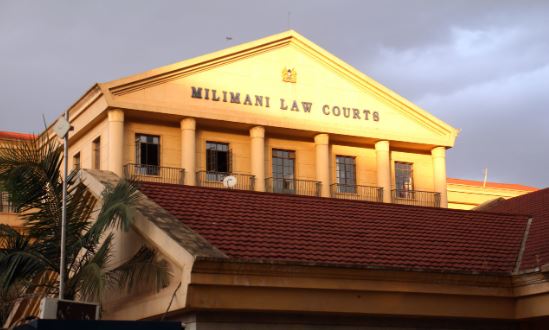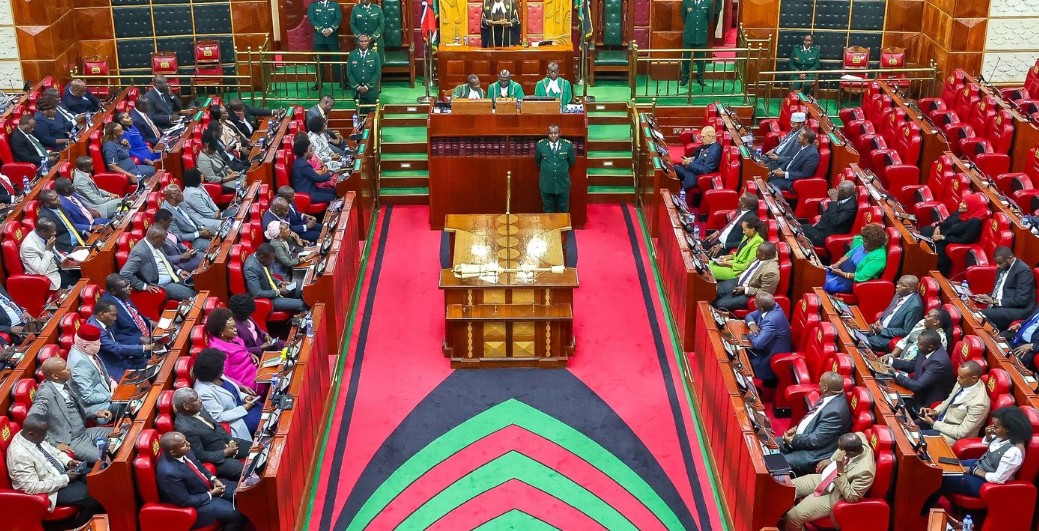Social Health Insurance Fund roll-out to continue as court rejects halt request
The petitioners argued that the Social Health Insurance Act was being implemented without the necessary subsidiary legislation in place.
The High Court has declined to halt the implementation of the Social Health Insurance Fund (SHIF), allowing the roll-out to proceed as scheduled.
In a ruling on Tuesday, Justice Bahati Mwamuye rejected a request by Busia Senator Okiya Omtatah, Eliud Karanja Matindi, and Magare Gikenyi, who had sought orders to block the Health Ministry from implementing the new plan.
More To Read
- Government disburses Sh22 billion to settle SHIF pending bills
- Experts urge accountability in healthcare billions to ensure Kenyans get quality services
- Government to audit employers defaulting on SHA contributions in bid to boost revenue
- Hospitals, patients suffer after government ignored NHIF warnings
The petitioners argued that the Social Health Insurance Act was being implemented without the necessary subsidiary legislation in place.
Despite refusing to stop the roll-out, Justice Mwamuye recognised the urgency of the matter.
“The notice of motion application is hereby certified urgent and will be heard on a priority basis,” the judge said.
He directed the petitioners to serve court documents on Health Cabinet Secretary Deborah Barasa and Attorney-General Dorcas Oduor without delay.
The court is expected to hear the case soon, given its certification as urgent.
The petitioners also raised concerns regarding the procurement of a Safaricom-led consortium to deliver an Integrated Healthcare Information Technology System (IHTS) for Universal Health Care (UHC), valued at Sh104.8 billion.
The Safaricom consortium consists of Safaricom Plc, Konvergenz Network Solutions Limited, and Apeiro Limited. The tender for the consortium was awarded through direct procurement, a move that has raised concerns among the petitioners.
In their court filings, the petitioners alleged that the procurement process was fraudulent.
"The petitioners have attached to their petition highly classified documents which expose the entire fraud scheme between corrupt government operatives and highly connected wheeler-dealers in the Safaricom consortium," read the court papers.
The petitioners further claimed that the consortium’s role in the project was misleading.
"Though the Safaricom consortium masquerades as investors, the truth of the matter is that they will not invest even a single cent into the Kenyan economy. They are basic computer software vendors, who will retain all rights to their product, including the right to sell it to third parties, as they charge Kenyans for using it,” the petitioners argued.
According to the petitioners, there was no valid justification for awarding the contract to the consortium, as the software rights and financial obligations would fall heavily on Kenyan taxpayers.
Under SHIF, every Kenyan will be required to contribute 2.75 percent of their income, with a minimum payment of Sh300.
This has sparked widespread criticism, particularly regarding the need for the new Sh100 billion scheme to replace the National Health Insurance Fund (NHIF) rather than improving the existing system.
Many citizens have questioned the government's decision, urging reforms to NHIF instead.
Top Stories Today





















